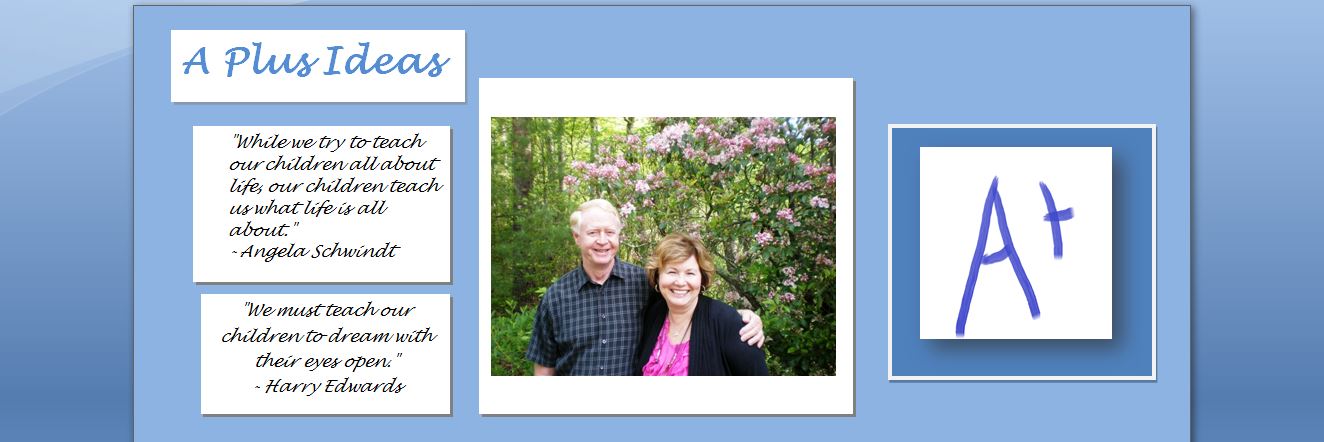by Steve Boolos
The year 2012 had a somber ending. The tragedy that struck Sandy Hook Elementary in Newtown, Connecticut, still reverberates for all of us who work in schools. Teachers and staff across the country reacted with shock, concern, apprehension, and grief. There have been calls for action and conversations that stir up strongly felt emotions. When intense, complex events occur, how do we cope with the feelings they have aroused?
Several years ago, I took a weeklong writing seminar. On the first day, one of the teachers made a remark that has stayed with me: "We write to make sense of our lives." At first, I thought of it in practical terms, such as grocery lists, reminders, and driving directions. Then I thought of communication, such as notes, emails, and newsletters. That was soon followed by thinking of entertainment, including magazines, newspapers, even TV and movie scripts. And, of course, there are the emotional connections, such as birthday greetings, sympathy cards, and love notes. All of these help us make sense of and organize our lives. We use these to function efficiently on a daily basis. But writing goes much further. Think of novelists who have stories they must tell, informational writers who have things they must report, and those journalists and bloggers who write to process, investigate, compare, contrast, connect. They seek to understand the things in their lives that have significance. Some keep diaries to record the meaningful daily events in their lives. This is often the writing we do when we need to express our feelings, clarify our thoughts, and determine our own next steps.
A few weeks ago, I was working in a first-grade class, teaching personal narrative writing. We had a focus lesson on writing about things in our lives that are important to us. After the lesson, as I was conferring with several students, I heard one of the little girls sobbing. Hurrying over to investigate, I discovered she had decided to write about her grandmother's dog, which had recently passed away. Whenever she had visited her grandmother, she had played with the dog, and was very attached to it. The dog's passing had obviously affected her deeply. Later on, I joked with my colleagues that perhaps I shouldn't teach writing since I had made a first grader cry! But it became a great lesson for the students and adults to realize that when we write about the things that mean something to us, strong emotions often bubble to the surface. The writing can help us manifest those feelings and cope with them in a positive way. Writing about the dog gave this student the opportunity to work through her grief and to reconnect with the wonderful memories she had of her relationship with it. Needless to say, the rest of the kids were very eager to hear the story, and in turn it guided their thinking about things they could write about. Writing can help us process emotions–the difficult ones (grief, despair, hopelessness, sadness) as well as the enjoyable ones (happiness, surprise, joy, excitement, anticipation). Through the writing we can determine how these events shall remain in our lives: as poignant memories, calls for action, donations to a charity, or whatever the result of the processing leads us to.
My best friend often writes in a journal when major events, whether positive or negative, occur in his life. Months, or even years later, he reads through these entries recalling what happened, how he felt, how he got through them, what changes they made in his life, what he learned, and what they mean to him now. Whether you are affected by a national tragedy like Sandy Hook or something else closer to your own life, I urge you to consider writing about it. Your writing may be private or something you are willing to share, but ponder how writing might become a consistent practice in your life and how it may help you grow and understand yourself better.
I wish you a new year of writing to make sense of whatever happens in your life.



No comments:
Post a Comment